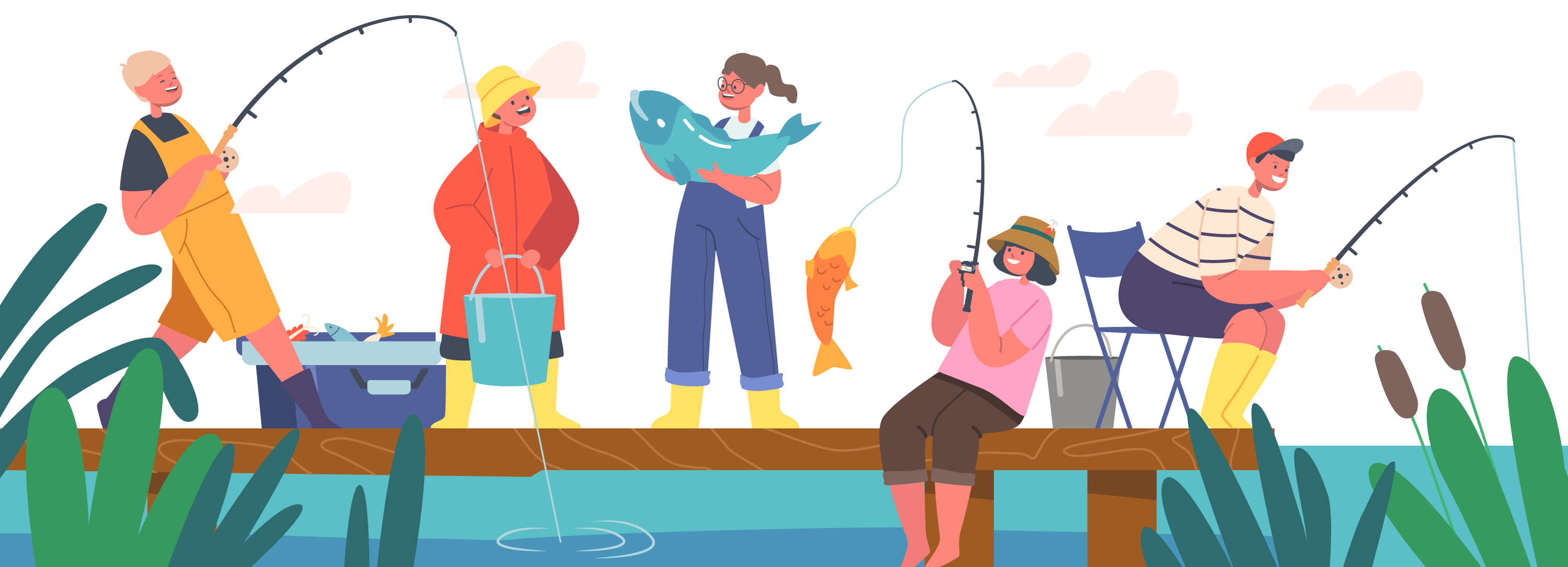
Recently, I came across a TED talk about the importance of having fun. As someone who is a big advocate of using fun for productivity, I was excited to see that there is scientific evidence that backs up the importance of fun. Afterall, we are building HeroMode to make getting stuff done more fun! So in this post, we explore why fun is a key ingredient for both work and life, and how to leverage fun as a superpower for productivity.
“Pretty much what most people usually mean by those words, I should think. Working is doing things you have to do and playing is doing things for the fun of it.” – B. Suits, The Grasshopper: Games, Life, and Utopia
"And [having fun] doesn't just feel good, it is good for us. In fact, fun does so many amazingly good things for us that I personally believe that fun is not just the result of human thriving, it's a cause." – C. Price, TED talk
Fun and Productivity
It might be a bit strange for a productivity tool to emphasize so much about having fun. After all, productivity is about getting things done, and fun is about having a good time. And we've all had countless experiences where we do what we do not because we particularly enjoy it, but because we simply have to. "It's just what it takes to be a responsible adult," we say, as we begrudgingly clean the dishes, or do our taxes, or go to work.
But instead of thinking of "fun" and "productivity" as mutually exclusive activities, what if we frame them differently? What if we think of fun as a fuel for productivity?
Fun as a Fuel for Productivity
One story that really stood out for me from James Clear's popular book, Atomic Habit, is the Paper Clip strategy.
In this story, a rookie stock trader starts each day with two glass jars. One filled with 120 paper clips, the other empty. With each sales call, he'd move a paper clip from the originally full jar to the originally empty jar. He keeps on making calls until all the paper clips have been moved to the second jar.
This story stuck with me because it's an example of turning something not so fun (making sales calls) into something fun (moving paper clips).
You might say, "What's so fun about moving paper clips?"
Well, in many video games, you have to accumulate experience points to level up. Often, this process requires you to do something mundane, like collecting items, or killing enemies. Such activities, on their own, aren't exactly fun. Yet it's common for game players to spend hours doing the so-called "level grinding".
Not to mention the "Completionists": people who play games not just to beat them, but to complete all the tasks or collect all the items or unlock all the achievements. Surely such exhaustive undertaking can't be fun, right? Yet one of my most treasured and therapeutic experiences was the hours I spent finding all 900 korok seeds in The Legend of Zelda: Breath of the Wild. Ok, I did use a map, but still, it took a long time.

Above: If only I could turn all my korok-finding energy into something actually productive...
So, purely from an activity mechanics perspective, tasks in a game might not be more fun than chores in real life. But what makes them appealing and engaging? I believe there are two key ingredients:
- Tracking and visualizing progress
- The context, or the framing, that "it is fun"
With these two ingredients, chores and productivity tasks can get a rebranding, and turned into something fun.
How to Leverage the Power of Fun
Recently, I came across a TED talk from Catherine Price about the importance of having fun. As someone who is a big advocate of using fun for productivity, I was excited to see that there are now scientific studies that back up the importance of fun.
Specific to work, emerging researches are showing that fun is not just for life. It's also for the office life. Yet it's very challenging to make work fun. We all know those "mandatory fun" activities that are well-intentioned in design, but awkward in execution. So what can we do to leverage the power of fun for productivity?
Remember, fun is personal. There is no one-size-fits-all definition of fun. For example, many people find fishing fun, but just as many people find it boring. Previously, we talked about how goals should have a deep personal meaning. Similarly, fun is also personal.
Find your definition of fun. And because fun is personal, each person needs to learn what activities are fun for them. Moreover, we need to decompose those activities to identify the ingredients that make them fun. For example, people who like fishing might enjoy the tranquility of the outdoors, or the thrill of a catch after a long anticipation. Whatever it is, just like identifying the personal purpose of your goals, you need to find your own "fun recipe".
Bake your fun recipe into other activities. Once you understand the mechanism of your own fun, you can start to shape other activities to incorporate those mechanisms. For example, if you enjoy tranquility, then block out an afternoon for deep work without the disruption of meetings or notifications. If you enjoy the thrill of a catch, then set up a reward system for yourself when you complete a challenging task.
You Do More of What You Enjoy Doing
In the end, fun is not just a nice-to-have. It's a must-have. And we can see why with a couple of simple observations:
- we get better at something when we do more of it
- we do more of something when we enjoy doing it
When put it this way, it's clear why we need to prioritize fun!